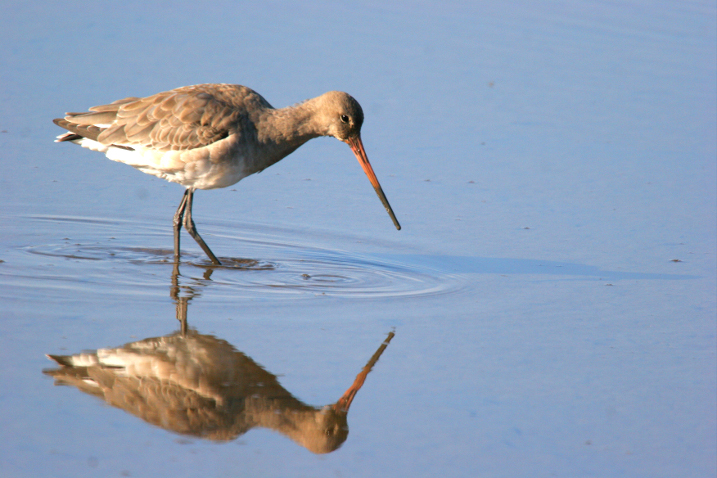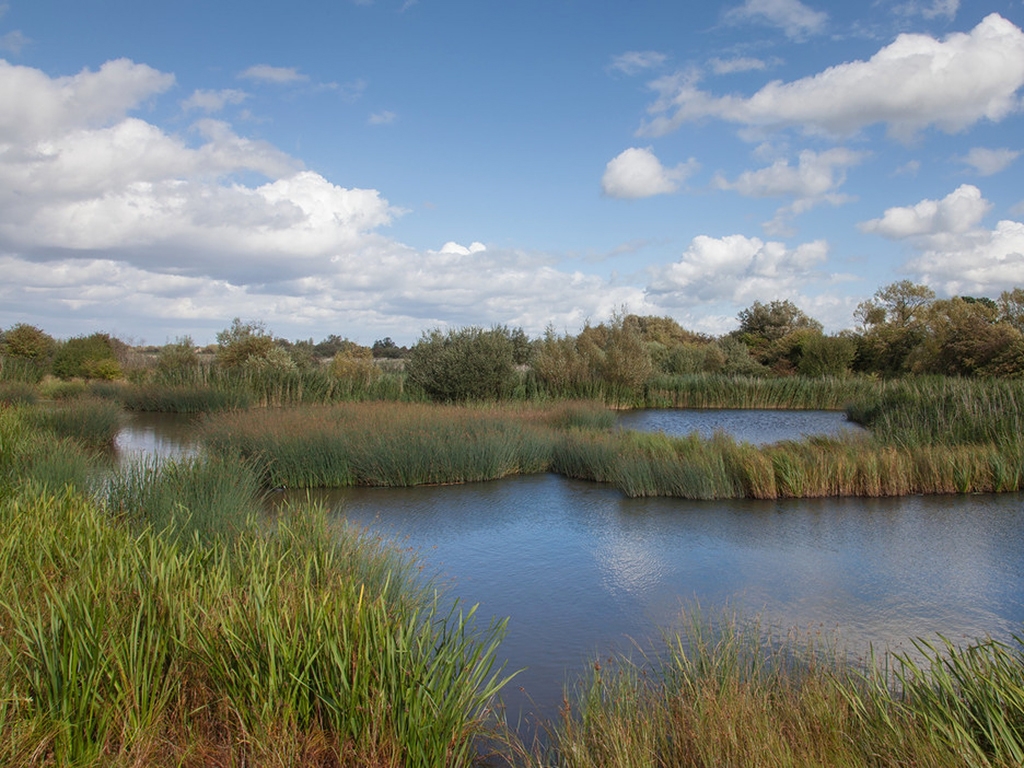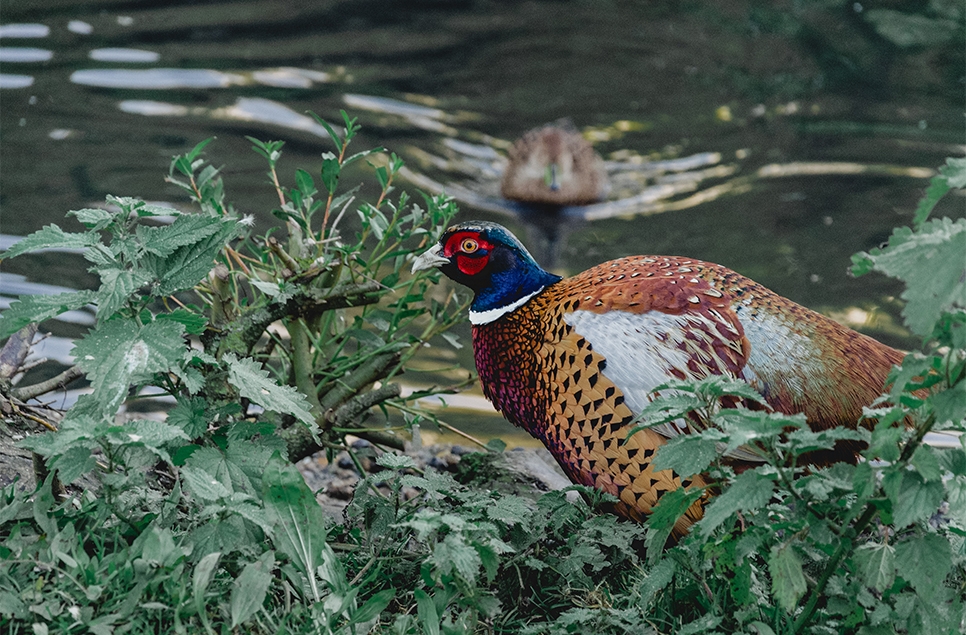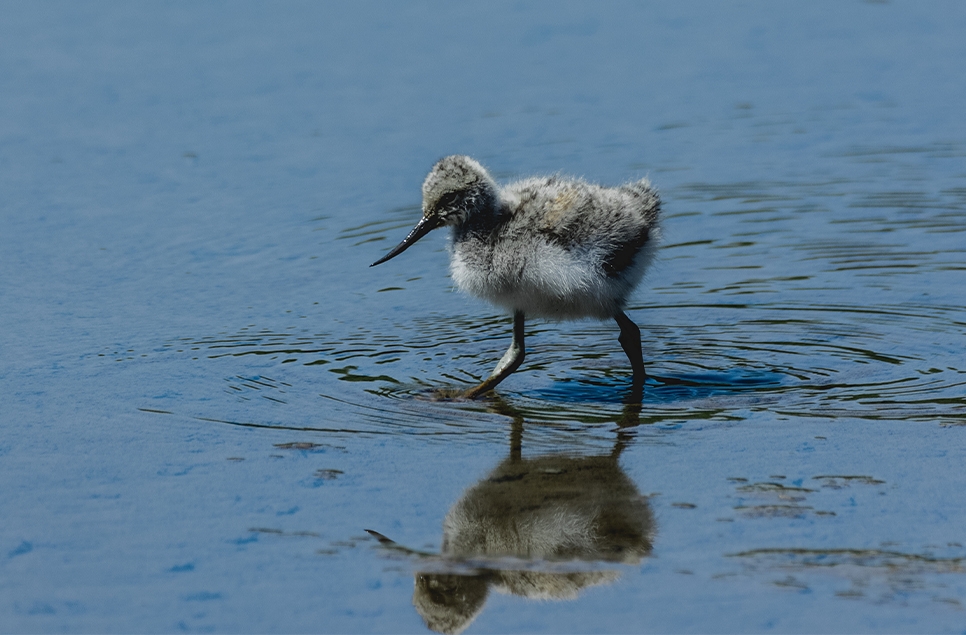UK hand-reared rare birds head south for winter
A total of 26 black-tailed godwits, hand-reared at WWT Welney in Norfolk, have spread their wings for warmer climes.
The first-time adventurers were released from their aviary only eleven weeks ago and have already been sighted in various locations along the north Norfolk coast thanks to the sharp eyes of site staff and local birdwatchers. Two siblings have even been spotted together at RSPB Old Hall Marshes in Essex. It is hoped they will eventually all join other black-tailed godwits as far away as Africa in the coming months.
The eggs of the endangered birds were collected from the wild by RSPB and WWT staff and hatched and raised in captivity to boost their chances of reaching maturity.
Dr Baz Hughes, Head of Conservation Action at WWT, said: “All 26 birds have now dispersed from the Ouse Washes and sightings are starting to come in from the south of England.
“Perhaps we’ll get a sighting from Spain or Portugal in the next few weeks and a winter record from Africa would be even better.
“Please keep your eyes peeled for the black-tailed godwits with their distinctive lime green rings with the letter E on their right legs and report any sightings.”
Raising young birds from eggs collected in the wild is known as headstarting. The technique is proving a powerful tool for bird conservation, having been used to successfully stabilise numbers of the spoon-billed sandpiper.

By headstarting black-tailed godwits, experts at WWT and RSPB are aiming to increase` the small breeding population at the Ouse and Nene Washes, two of just a handful of breeding sites across the UK.
Hannah Ward, RSPB Black-tailed Godwit Recovery Project Manager added: “Young godwits don’t usually return to breed until they are two years old – when they have matured – so we’re going to have to be very patient while we wait for them to come back to the Fens to breed for the first time.”
Sightings can be registered at projectgodwit.org.uk


